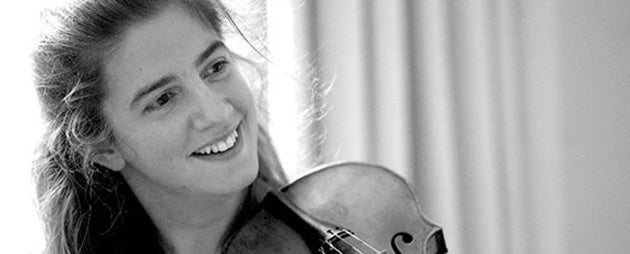JS Bach: The Miracle at Coethen, South Bank Centre, London

One advantage the Barbican and South Bank Centre have over other venues is flexibility, and their 'total-immersion' seasons represent the best possible use of that freedom.
Coethen was the German principality where Bach spent six years as court composer, and, after 48 hours of him morning, noon, and night, I have a clearer idea of how prodigious his work in that city was, and of how good it is to hear it on the instruments for which it was written.
I've heard the Brandenburg Concertos so many times, and in so many contexts, that I can hardly bear to listen to them any more. Yet what the Feinstein Ensemble did with them had revelatory freshness. No massed ranks, nor super-bright modern instruments: nine or ten players did the job each time, in constantly changing permutations. I had not realised how radically Bach changed his palette for each work: when the colour is determined by two recorders, or two violas, or a harpsichord plus flute, and when each of the other players is in effect a soloist too, the world is constantly being made anew. Rather than in chronological order, the works were arranged as a dramatic sequence, with the trumpet-led No 2 – accolades to Neil Brough and his 'natural' instrument – the fizzing climax.
One pleasure with this conductor-less ensemble was the way the players took turns to lead, with violinist Catherine Manson often performing this role. She also gave an informal solo recital of Bach's second Partita with its Herculean chaconne, but was too relaxed to do it justice: playing the same work at the Wigmore Hall two days previously, the young Armenian violinist Sergey Khachatryan provided the high-definition sheen it requires. Moreover, a trudging recital of Bach's Two- and Three-part Inventions, by the Gabrieli Consort's resident keyboardist James Johnson, was another disappointment: these short works may be modest in intention, but as Glenn Gould has shown, they too have an airy magic.
But no praise can be too high for Alison McGillivray's performance, on a baroque instrument, of two solo cello suites: I was taken aback by her dry and tentative start, but, once into her stride, she exuded all the big-boned grace one could wish. And to hear the violin concertos delivered to a packed house by just seven instruments was yet another revelation. Small is beautiful.
Join our commenting forum
Join thought-provoking conversations, follow other Independent readers and see their replies
Comments
Bookmark popover
Removed from bookmarks